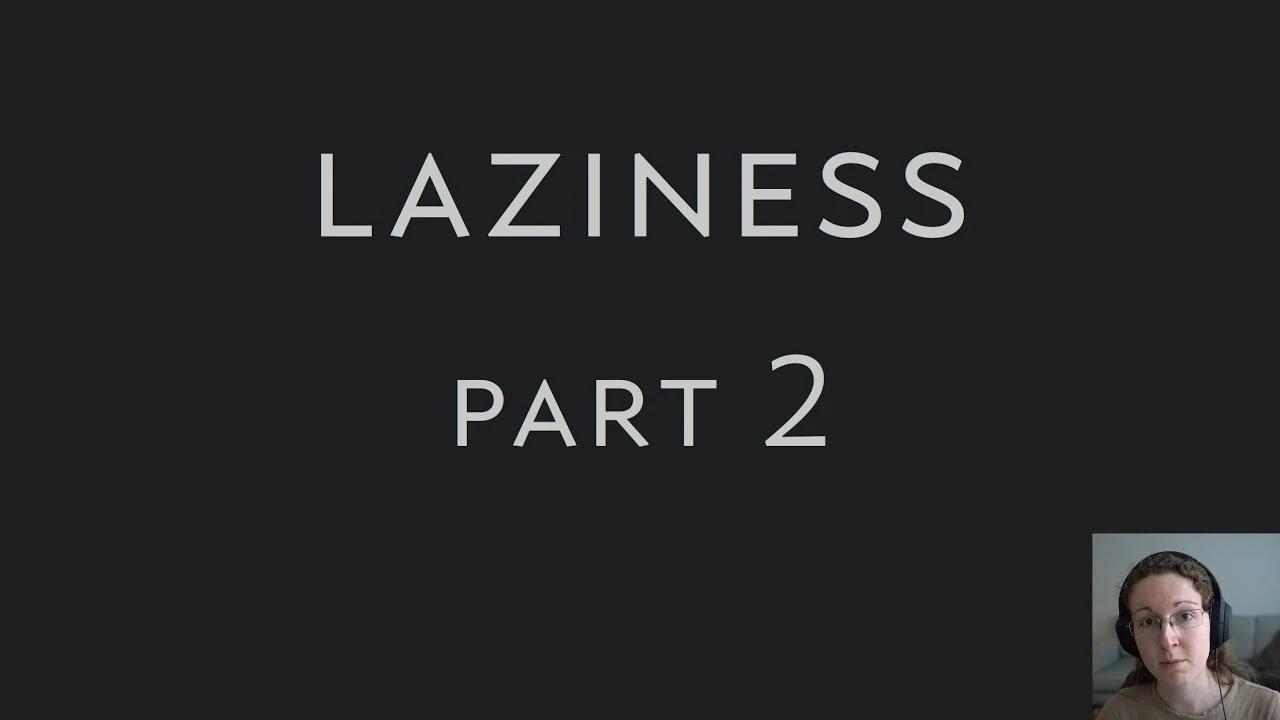Answering the question raised at the end of Part 1, we take a look at how a hypothetical Strict Haskell would tie the compilers hands despite pervasive purity. We also examine how laziness permits optimizations that come with no intrinsic cost and compare its benefits to a strict language with opt-in laziness.
You must log in or register to comment.
@jaror second one was even more awesome than the first one! This view is something that makes it really possible to argue for laziness by default! Thank you @lexi_lambda!



